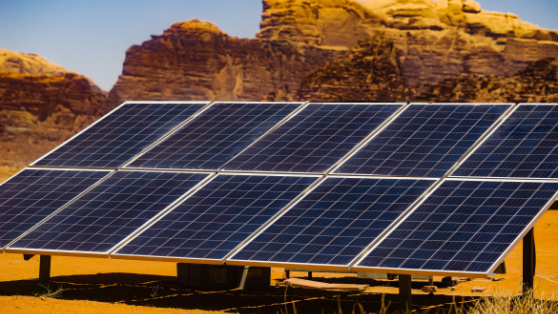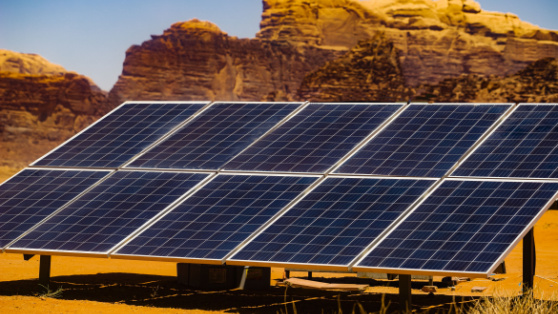
Jordan is considered to be among the world’s most vulnerable to drought as a result of climate change. Major challenges are aridity, water scarcity, heavy reliance on fossil energy imports, rapid population growth, and urbanization.
The government is now addressing the need to transition to a greener and more resilient economy. One important step is developing a National Long-Term Low Emission Strategy and Options Report 2050.
Energy Modelling Lab is contributing to developing a low-emission strategy in Jordan. We are creating a tailored energy systems model, the TIMES-Jordan model. This modelling framework represents eight key sectors and their interconnections. By embedding baseline scenarios, we can estimate the impact of different options for decarbonization. We then create a shortlist of the least cost and most feasible options and designate the optimal pathways.

MODELLING
We have built a tailored energy systems model, the TIMES-Jordan, using the TIMES energy systems modelling framework developed under IEA.
The model includes a full investment catalog for the entire energy sector and shows the economically optimal pathways through the jungle of technological solutions.

SCENARIO ANALYSIS
Through a series of scenarios, we can investigate the consequences of different climate scenarios and consider prioritized mitigation actions.
We also identify and consider socioeconomic and environmental impacts and co-benefits such as improved health and energy savings.

REPORT
The final report proposes optimal decarbonization pathways and provides policy recommendations that are validated through workshops with key stakeholders.
The Jordanian Government will have a solid basis for a continuously informed decision process as we will build local partner capacity to use and update the model.
Duration: August 2022 – June 2024
EML Team: Kenneth Karlsson, Mikkel Bosack Simonsen, Ida Græsted Jensen
Client: The World Bank
Budget: DKK 679,250
Reference: Karsten Holm, Danish Energy Management
Collaborators: Danish Energy Management (DEM) and the Water, Energy, and Environment Center (WEEC) of the University of Jordan
Model: TIMES-JO

